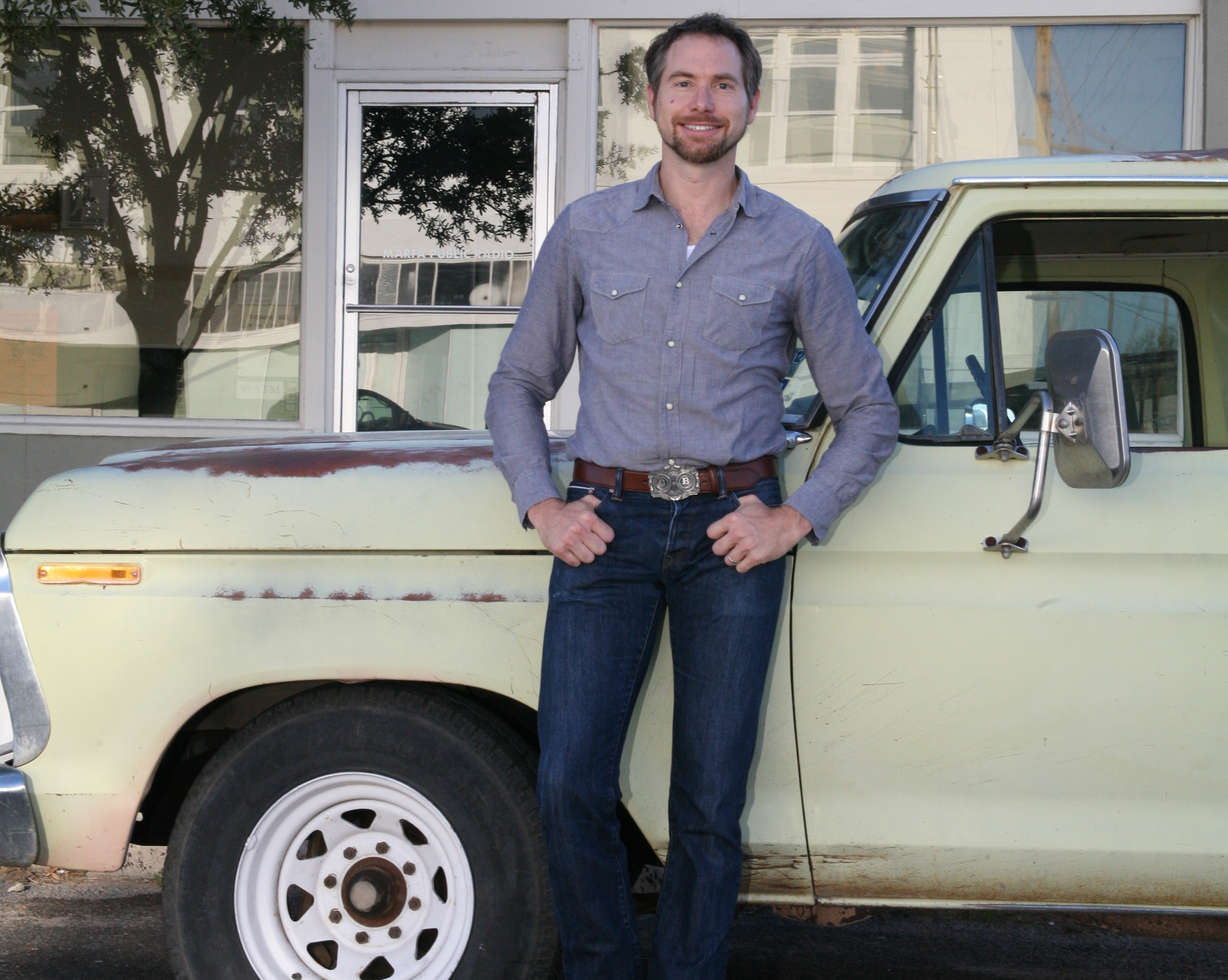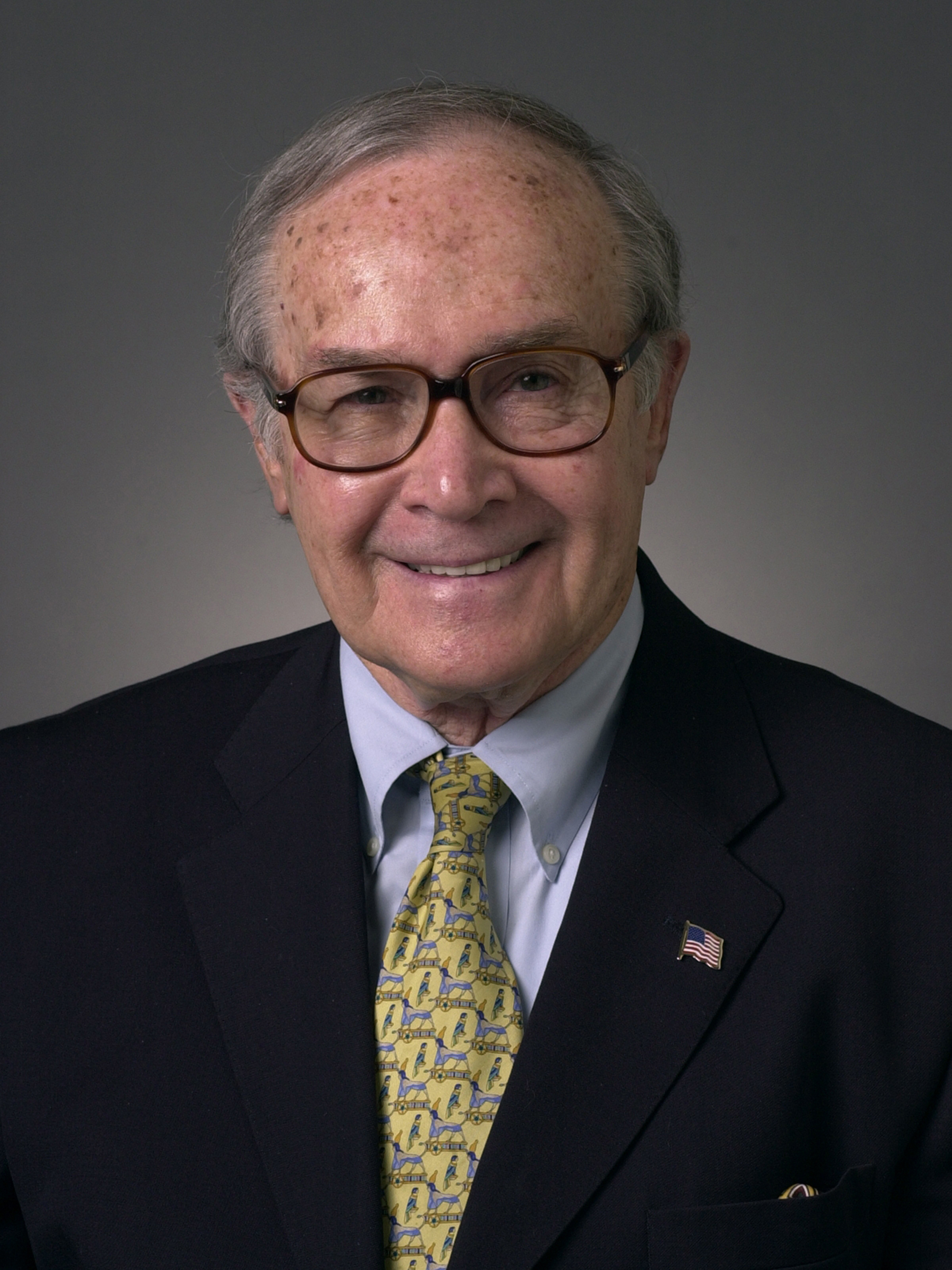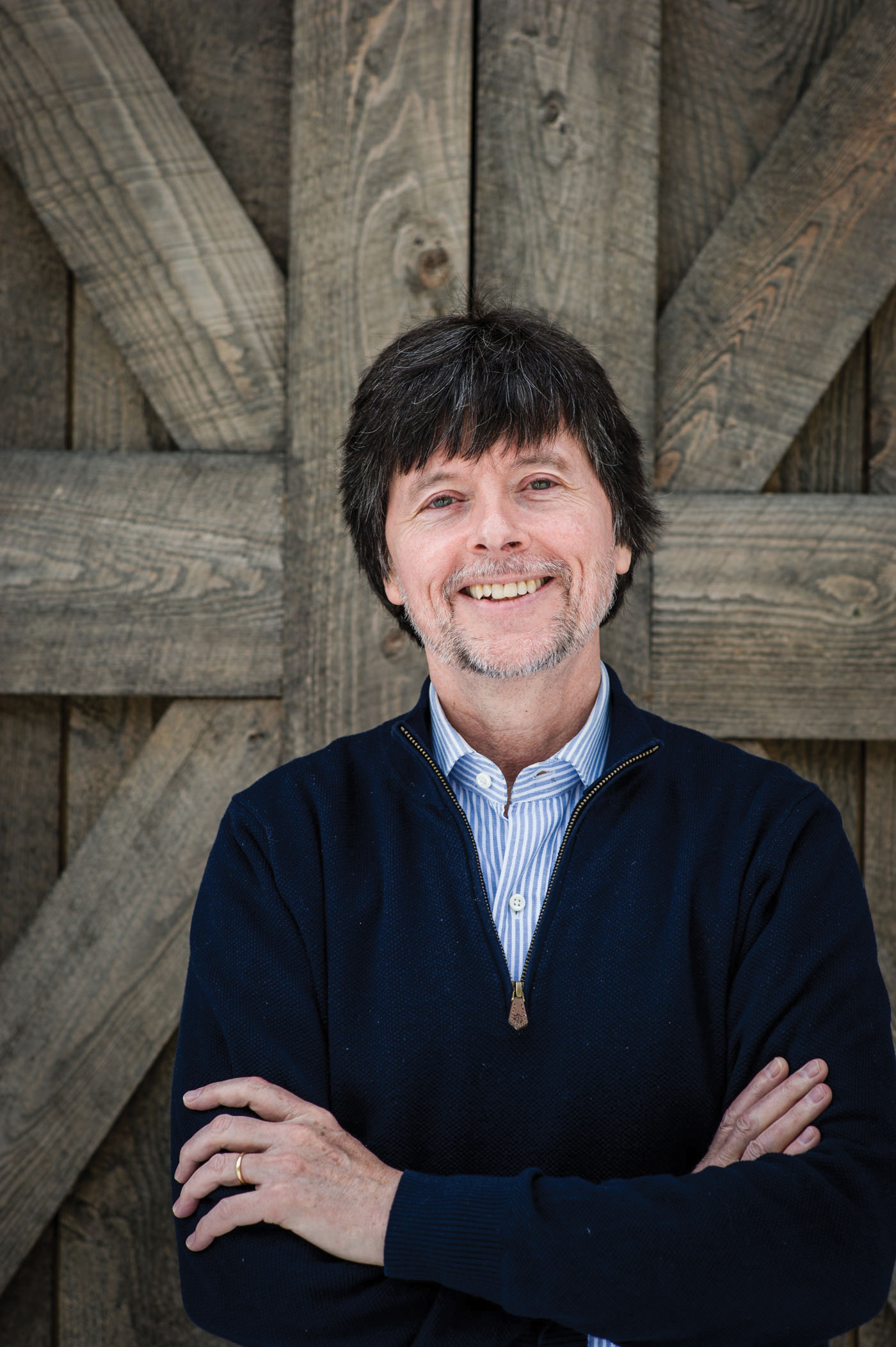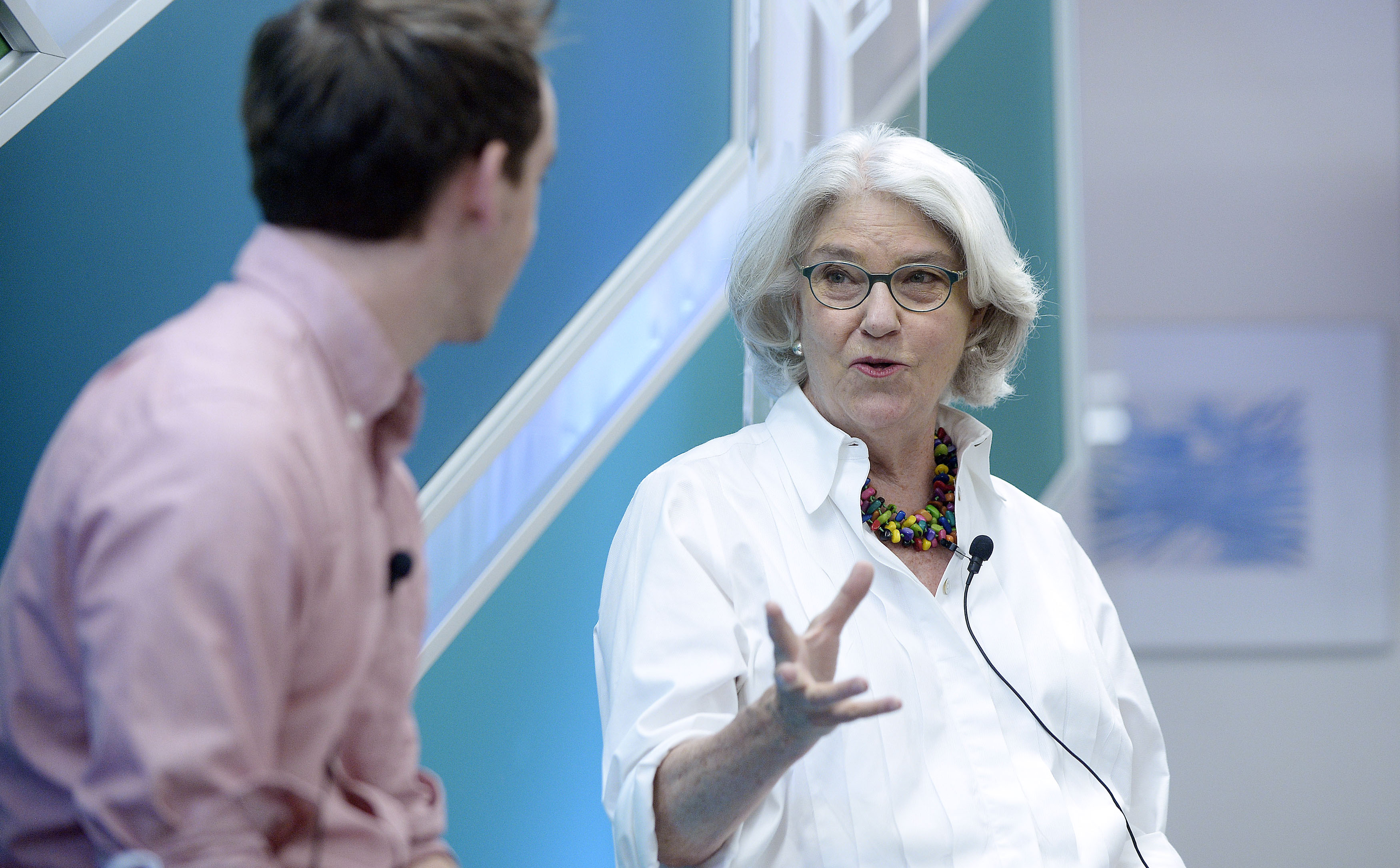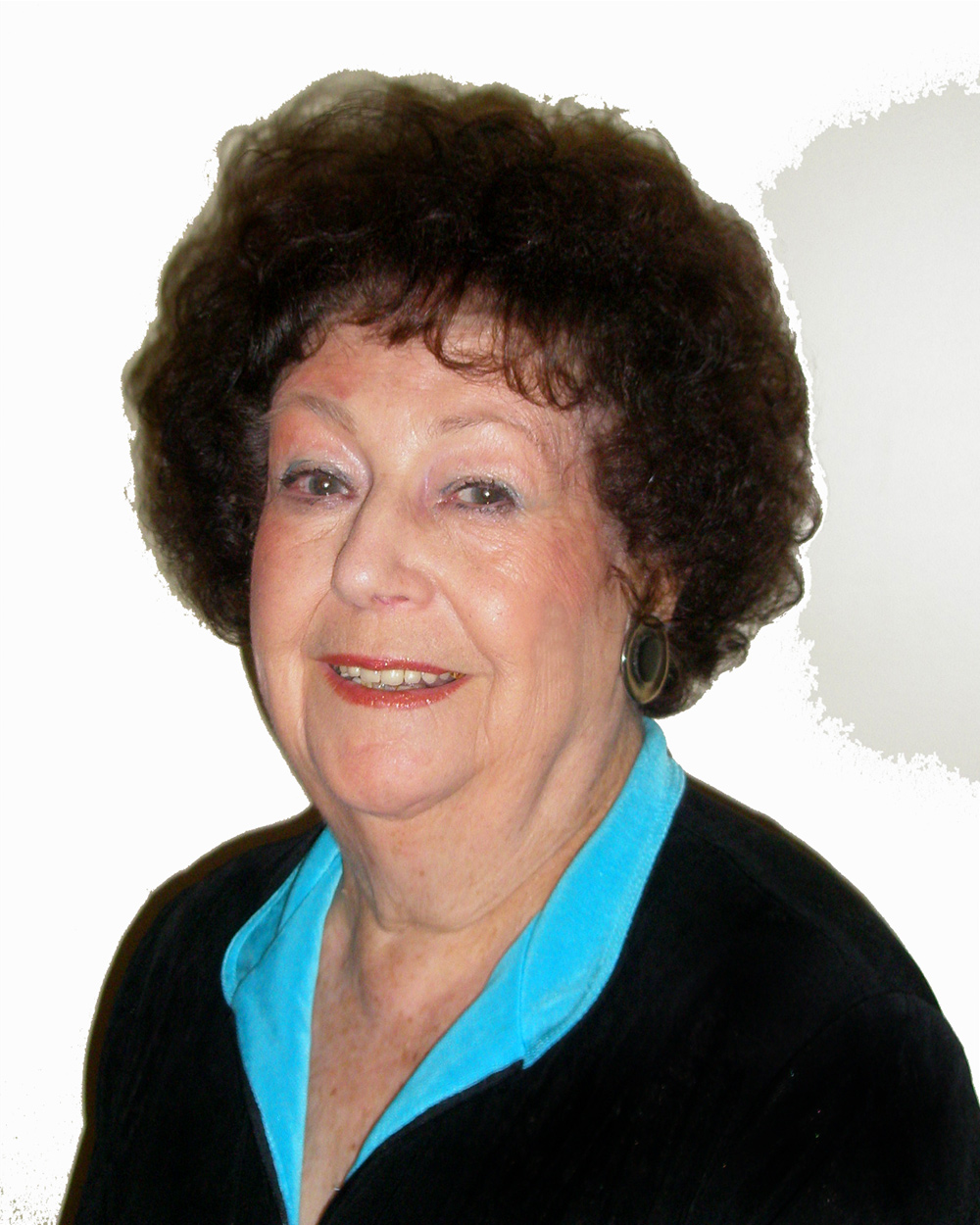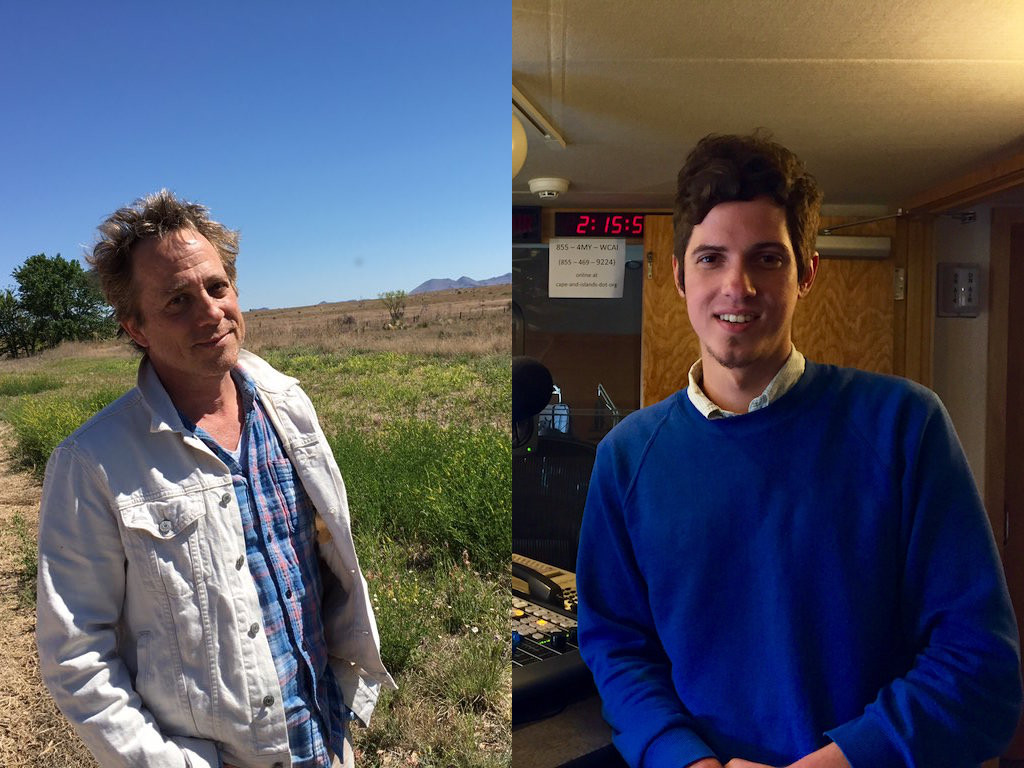People
Send your announcements about hirings, departures, fellowships and new adventures to people@current.org.
Marfa’s Michael moving to Boise, Dempsey leaves WHYY, and other comings and goings in public ...
Also, American Experience hires its first audience development director.What attendees took away from the PBS Annual Meeting
The conference drove home the importance of diversity, education and innovation.PBS Annual Meeting attendees on taking risks
What’s the biggest risk you took in the past year?Longtime producer William Grant dies
Grant spent 16 years at WNET as executive director of science, natural history and features.Newton Minow wins ‘Be More’ Award at PBS Annual Meeting
PBS called Minow “a critically important figure in the development of public service media.”‘Radio Reader’ host Dick Estell dies at 90
“Dick brought the written word to life using nothing but inflection and the cadence of his voice.”In Jefferson Lecture remarks, Ken Burns sees past in present
Burns weaved anecdotes from his upbringing with a larger argument about the persistent legacy of racial divisions.Carrasco leaves NPR, journalism hubs select leaders, and other comings and goings in public media
Carrasco reports to National Geographic President Gary Knell, another NPR alum.Eaton on post-‘Downton’ life: ‘It’s very hard for me to resist challenges’
Eaton has been at the helm of the PBS strand for 31 years of its 45-season history.Nicki Shearer, longtime pubTV fundraiser, dies at 89
Shearer helped bring Leo Buscaglia to public television.What two hosts are learning from a Texas–Cape Cod job swap
“That gee-whiz sense of wonder about making radio is restored.”Stacey Tomczyk, WTVP program director, dies at 45
“Stacey’s love of public broadcasting, her creativity, her kindness and her sense of humor made her a joy to work with.”Abigail Disney to women filmmakers: ‘It’s time to throw out the rulebook’
The director of The Armor of Light challenges women media-makers to rebel against the glorification of violence in film and television.Sickora takes helm at UNC-TV, Hanratty to retire from EPS and other comings and goings ...
Since 2007, Sickora has been president of WSKG Public Media in Binghamton, N.Y.Karl Schmidt, radio dramatist and longtime Wisconsin host, dies at 93
Schmidt hosted and produced programs for Wisconsin Public Radio for more than 70 years.


